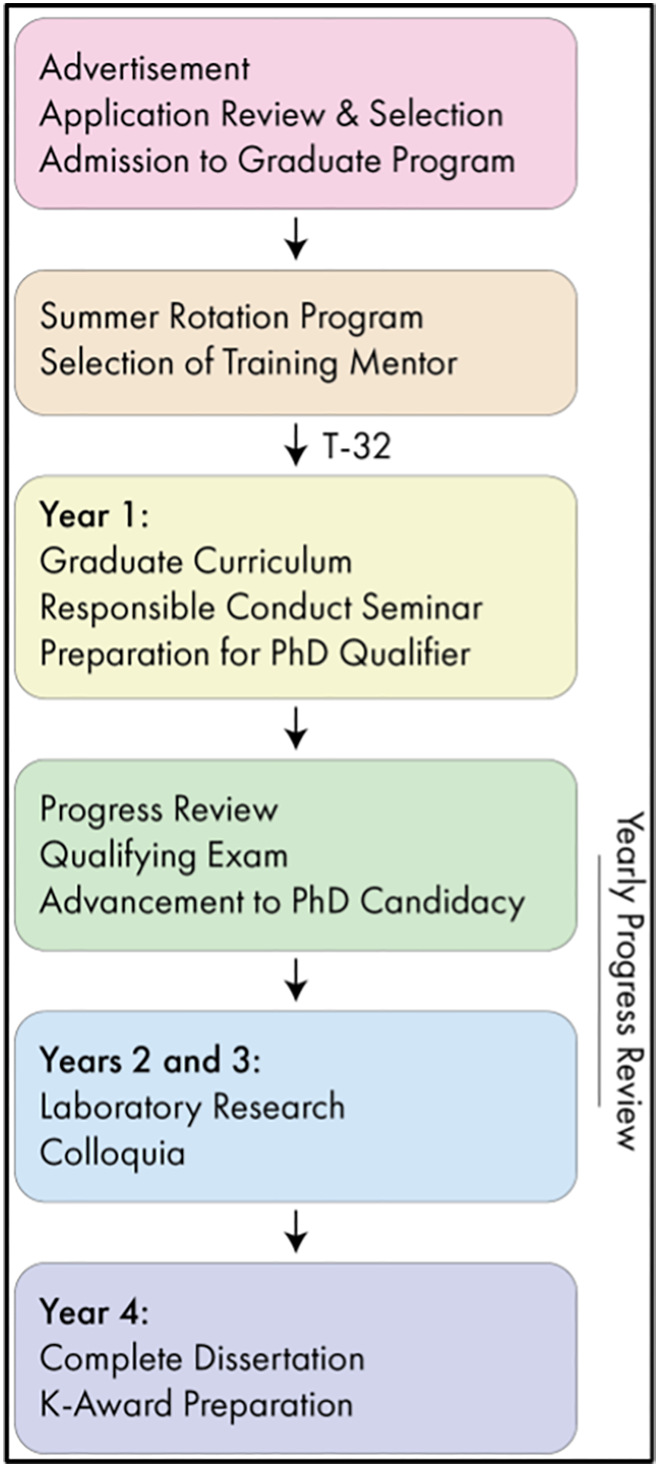Mission
The mission of the Comparative Medical Scientist Training Program (CMSTP) is to prepare individuals with a DVM to become exceptional veterinarian-scientists in comparative medicine through training in a rigorous PhD program at UC Davis.
This post-doctoral T32 is highly successful in training veterinarian-scientists for research careers with >90% utilizing their research training.
To ensure the success of our new trainees, we have a comprehensive program at UC Davis, which supports DVMs in pursuit of their PhD. We will prepare trainees for the next stage of their careers through provision of research colloquia, individualized mentoring, networking opportunities, and grant writing workshops. We are committed to recruiting and retaining a diverse body of trainees. To remove barriers that exist and deter some from pursuing a research career, we provide a comprehensive, integrated research-mentoring program for DVMs at UC Davis, often especially valuable for those from historically marginalized and disadvantaged backgrounds.
We have 36 highly qualified faculty trainers to choose as a mentor or a co-mentor if the trainee has already chosen a lab.
The CMSTP takes advantage of outstanding research and teaching opportunities in the biological sciences at UC Davis by bringing together faculty from the School of Veterinary Medicine, the nation’s top veterinary school, the School of Medicine, the College of Engineering, and the College of Biological Sciences. Our faculty trainers participate in established Centers and Institutes that promote collaborations and employ diverse evidence-based approaches to solving scientific problems through state-of-the-art equipment in individual labs as well as campus shared facilities.

Objectives
The objectives of the CMSTP are to:
- 1. Prepare all trainees to become future leaders in academia, government service, public health, and biomedical research
- 2. Provide adequate exposure to career paths outside academia
- 3. Maintain an average time of 4 years to degree
- 4. Attract and train a diverse group of veterinarian-scientists.
